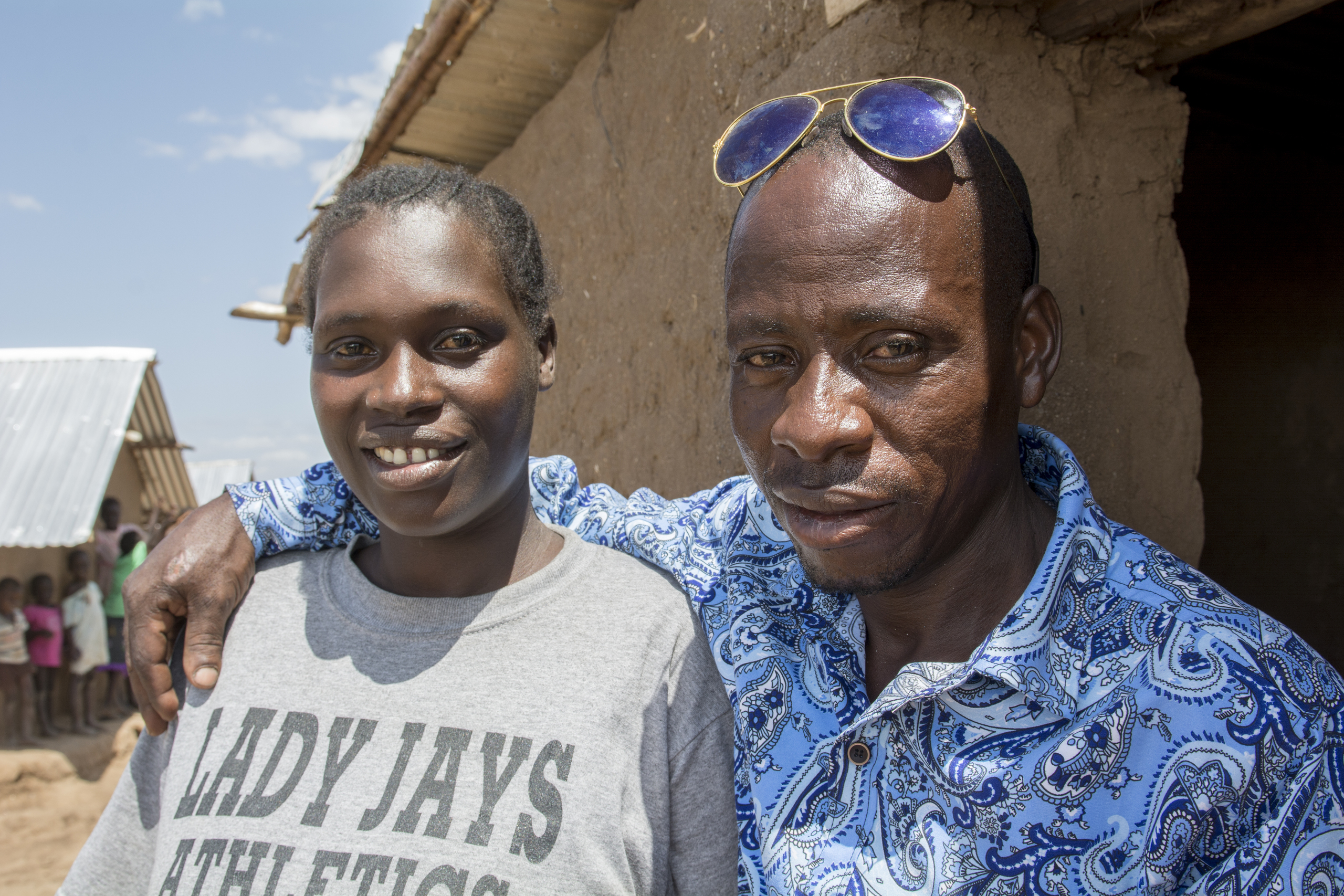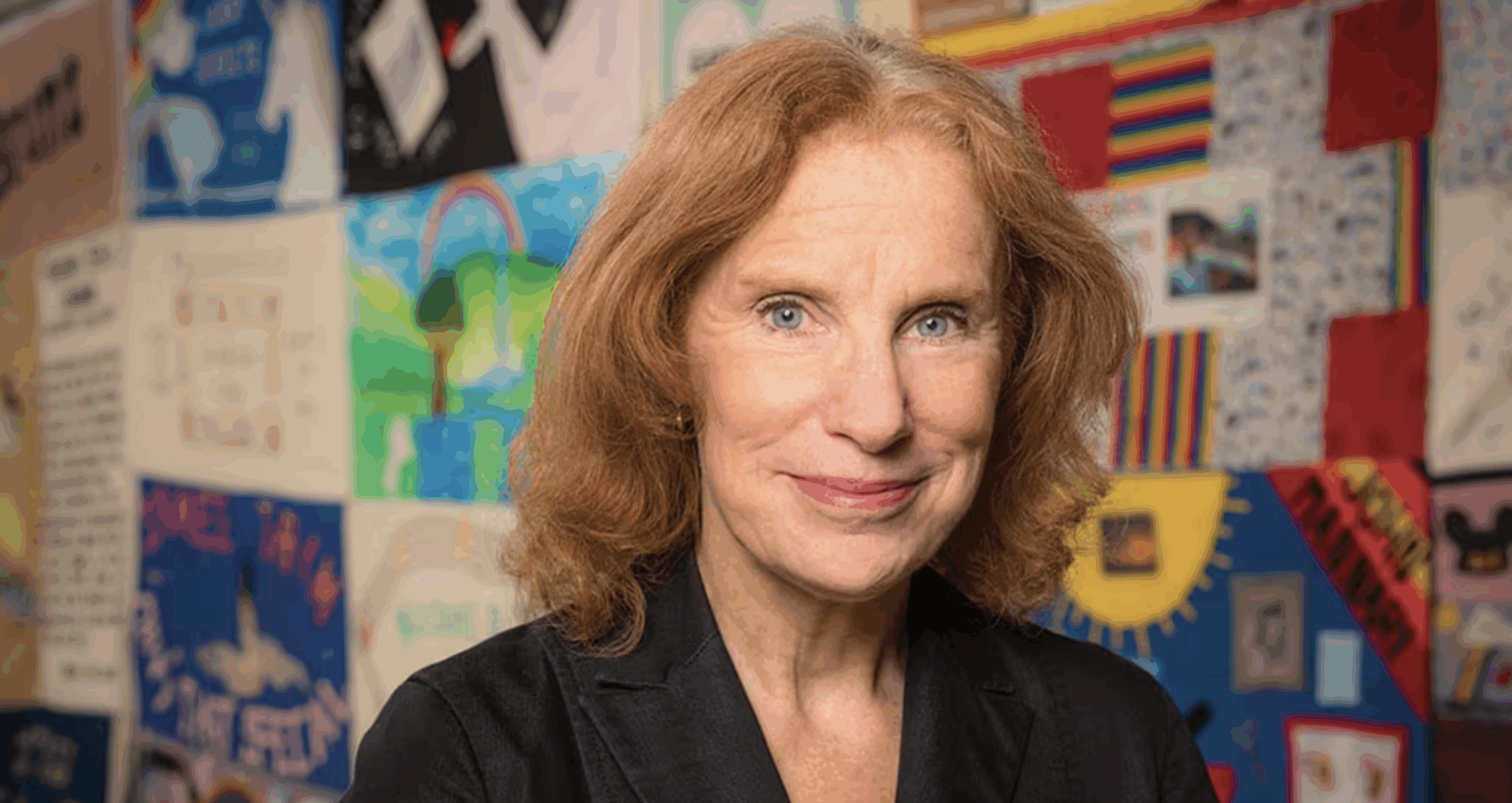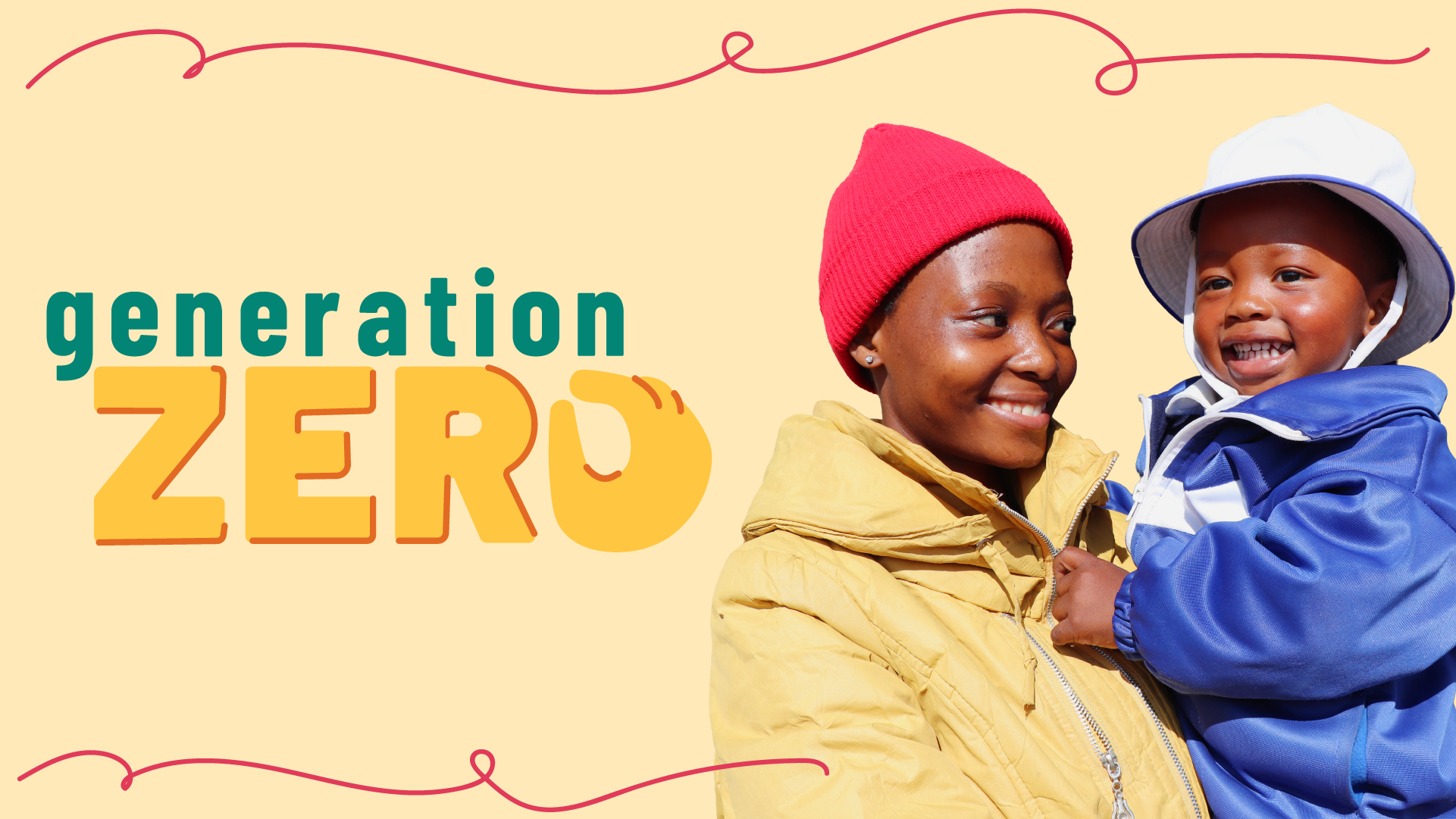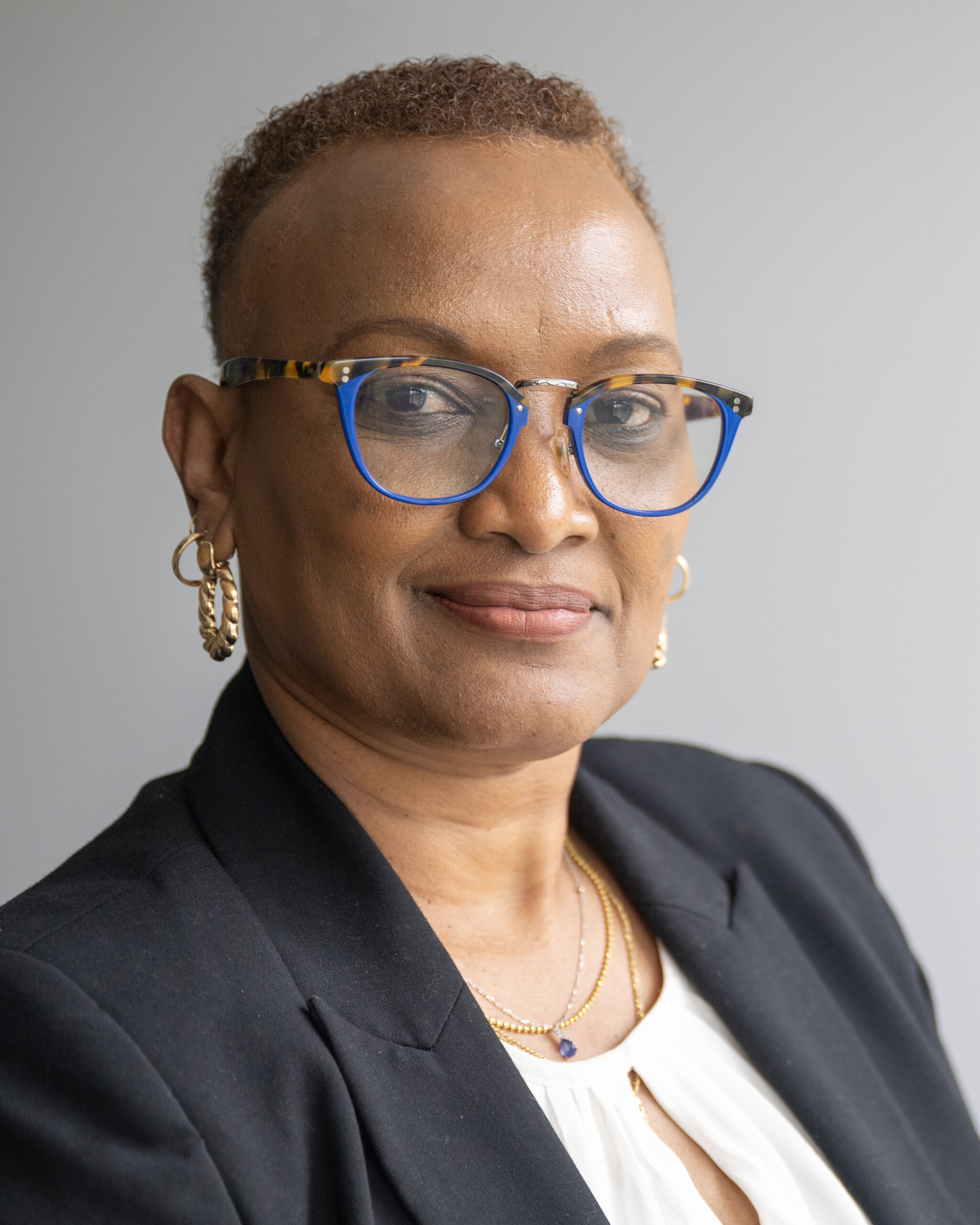Right now, more than 100 million people around the world, are in need of humanitarian assistance—whether because of natural disaster, civil war, gender-based violence, or some other crisis. World Humanitarian Day, August 19, is an occasion to focus on people in need and the relief workers who are meeting their needs. One issue that is sometimes overlooked in discussions about refugee populations is the challenge of linking displaced people to lifesaving HIV services.
One issue that is sometimes overlooked in discussions about refugee populations is the challenge of linking displaced people to lifesaving HIV services.
As the global leader in ending AIDS in children, the Elizabeth Glaser Pediatric AIDS Foundation (EGPAF) is working to ensure that all families have access to HIV testing, treatment, and prevention services—no matter where they happen to be located. In 2014, EGPAF, began supporting HIV programs at the International Refugee Committee (IRC) camp in Kakuma, Kenya.
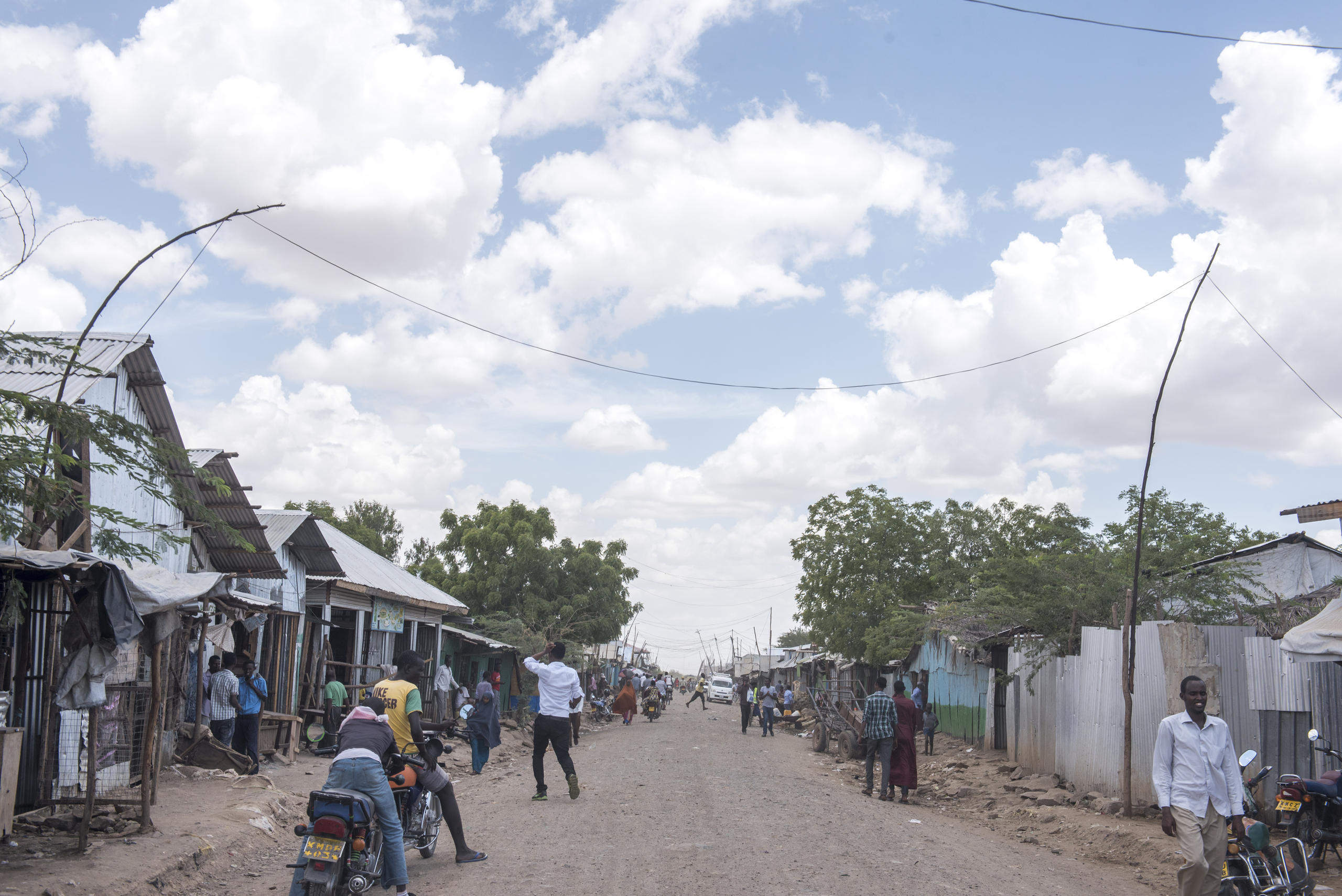
Nearly 200,000 individuals live in this community in Kenya’s arid Turkana County. Most residents are refugees from the civil war in South Sudan, 130 kilometers to the north. Others have fled violence in Ethiopia, Somalia, Uganda, and the Democratic Republic of the Congo.
“We appreciate [EGPAF’s] efforts. Without it we would not be able to serve our refugees,” says Agnes Karubu, the nurse-in-charge of the antenatal unit at Kakuma Mission Hospital. She remarks that EGPAF has transformed the care and treatment landscape at Kakuma by providing the technical assistance and staff needed to integrate HIV testing and treatment throughout the health care system. EGPAF has also been instrumental in expanding HIV services beyond the hospital to each of the six smaller clinics located throughout the camp.
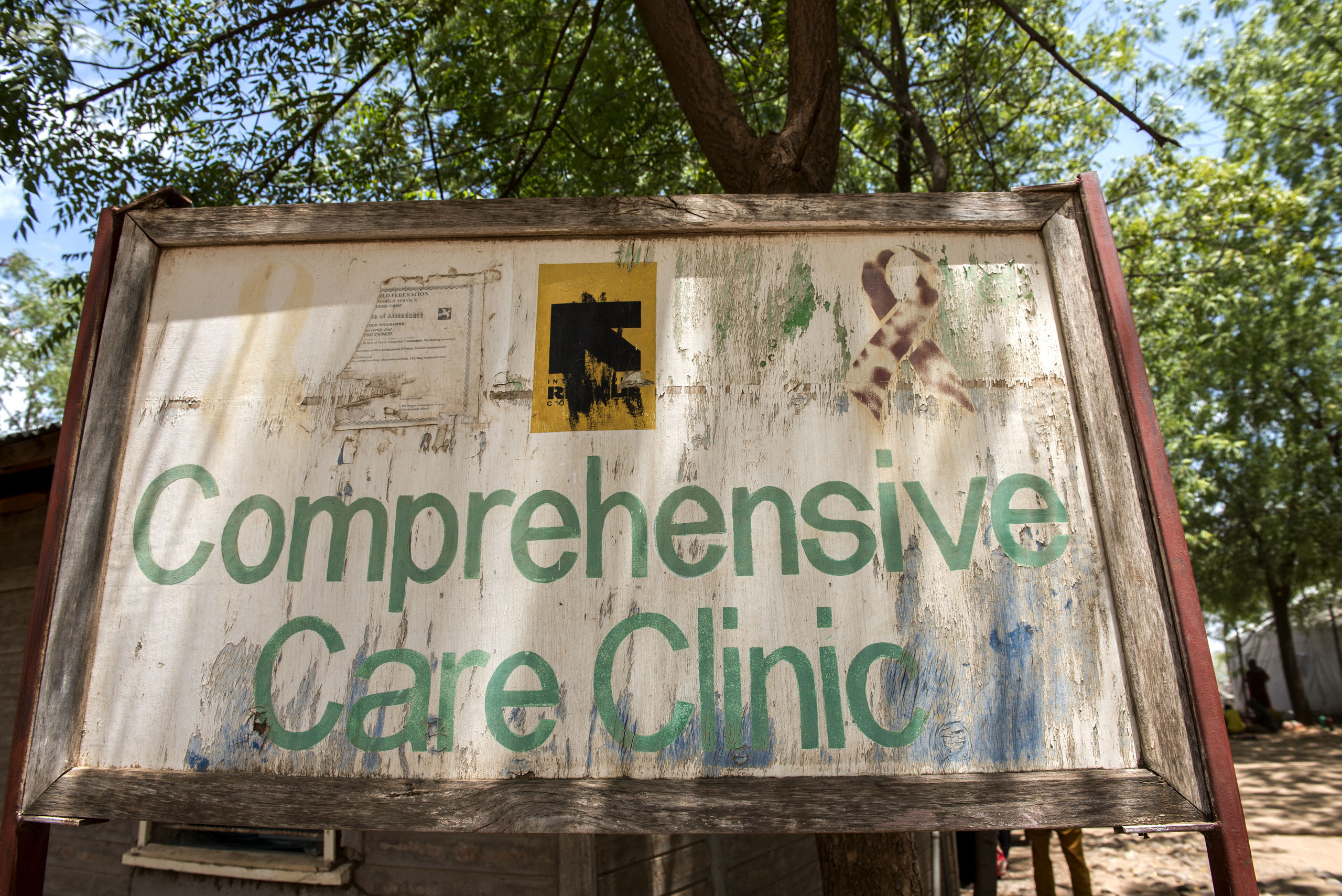
The value of this comprehensive approach is illustrated by the experience of a Congolese family who arrived at the camp eight months ago.
Back in the Democratic Republic of the Congo (DRC), Clement was a mechanic and driver. His wife, Fabiolla, was a clothing vendor. Both parents and their son, Wilson, now 13, were diagnosed with HIV in 2010 and were adhering to treatment. Two older siblings are HIV-free. Despite the ongoing political violence in DRC, the family lived well. They owned livestock, goats and cows, and maintained a small farm.
Then Clement’s father died, and his younger brother vowed to kill Clement and his family in order to take possession of the family property. Fearing for the lives of his loved ones, Clement gathered all of his money and fled to Burundi with his family.
Unable to return home and unable to make a life in Burundi without legal papers, the family set their sights on the IRC camp in Kenya. Bribing a truck driver with their last remaining money, about $500, the family allowed themselves to be locked into the back of the trailer and crossed the border into Kenya.
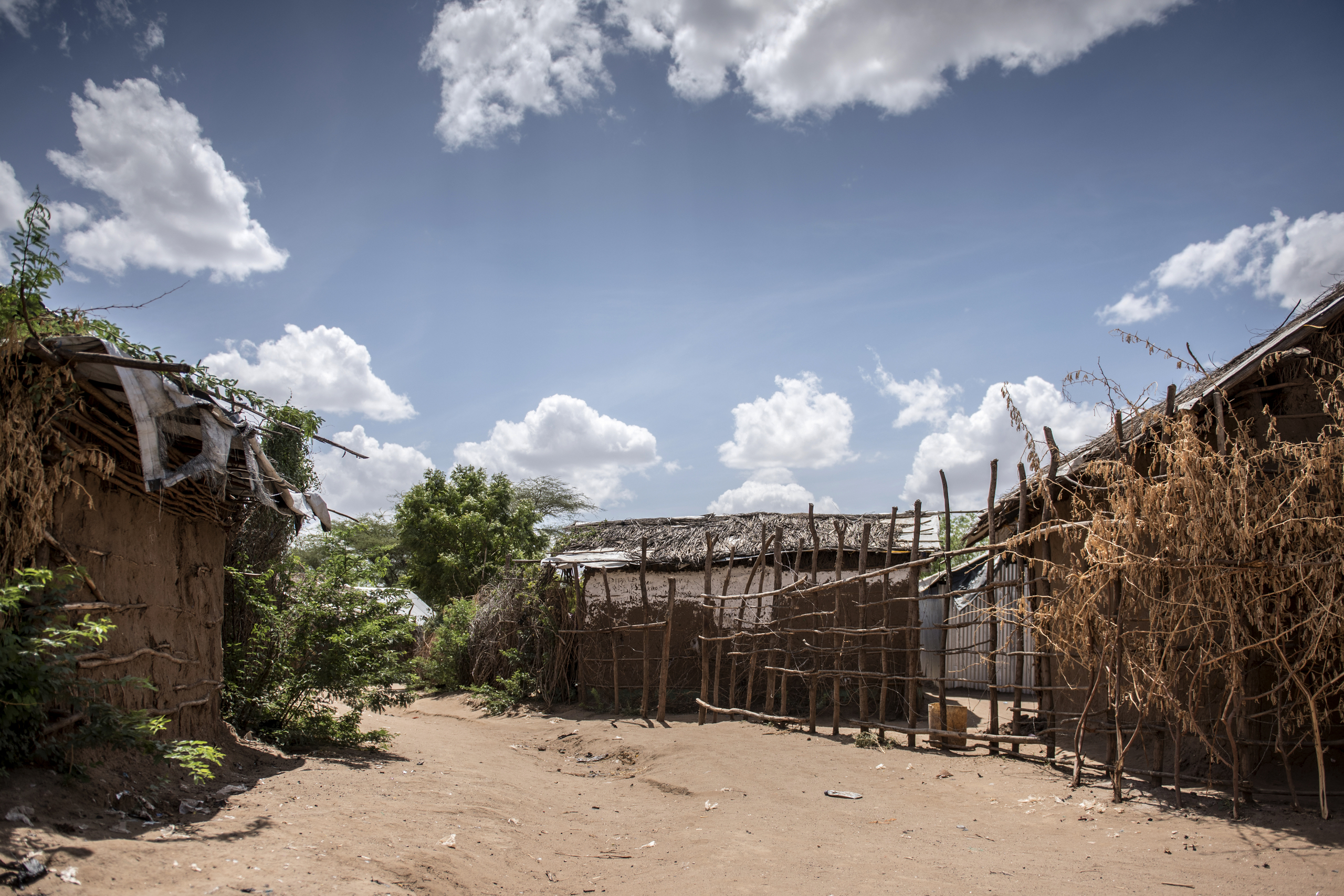
Despite the peril of their journey, Clement and Fabiolla were joyous to arrive at the camp—alive and together. And they were relieved to find access to HIV care and treatment. During their travels, they had almost exhausted their supply of antiretroviral (ARV) tablets. During the family’s intake session, Clement showed a counselor their prescription pill containers, and they were quickly linked to treatment.
Now the family walks the dirt roads to the closest clinic once a month, where they have their blood drawn to test their viral loads, and they receive ARV refills. In addition, Fabiolla has joined a psychosocial support group that meets once a month in their sector of the camp. During the meetings, an EGPAF-trained clinician further educates the HIV-positive women about the virus, and the women turn to each other for support, creating community in this makeshift city.

Clement and Fabiolla haven’t yet figured out their next move. They fear that they will be killed if they return to DRC, but they don’t want this life in limbo to become their family’s new normal. Still, at the moment their children are safe from violence; they are enrolled in school; and the family has access to HIV care.
“My children mean everything to me,” Clement says. Then he smiles and pulls Fabiola in tight—“and my wife, too.”
